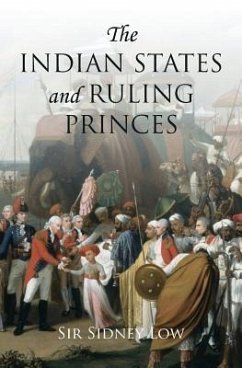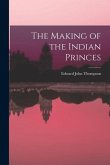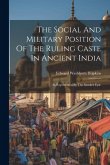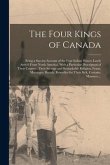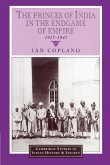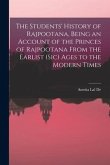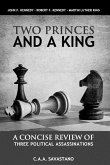In The Indian States and Ruling Princes, first published in 1929, Sir Sidney Low provides an excellent snapshot of Indian politics in what were, unforeseen to him, the twilight years of the British Raj. He describes clearly and concisely the changing relationship between Britain and India over the course of the centuries, speculating on the future nature of it in view of the increased national self-consciousness in the country. Low saw that future not in independence, which he regarded as a 'futile dream', nor necessarily in dominion status, but in some form of federation of states with British-India at the very heart of it: "What India needs, much more than any political changes, is social and economic reform. In that sense it does require to be modernised, to be brought more closely into touch with newer conceptions of intelligent freedom, to shake off the shackles fastened upon it by bigotry and irrational prejudice in the past. Nationalist agitation takes small note of the most urgent problems. Such is the testimony of the greatest Indian writer of our age, Rabindranath Tagore. "Political freedom," he has written recently, "will not give us freedom if the mind is not free." He goes on to say: 'The British bayonet will not fade out of the picture for a long time to come. We are not going to "leave India" to-morrow, or for very many morrows.' Low could not have anticipated the advent of the Second World War and the consequently accelerated decline of the British Empire.
Hinweis: Dieser Artikel kann nur an eine deutsche Lieferadresse ausgeliefert werden.
Hinweis: Dieser Artikel kann nur an eine deutsche Lieferadresse ausgeliefert werden.

